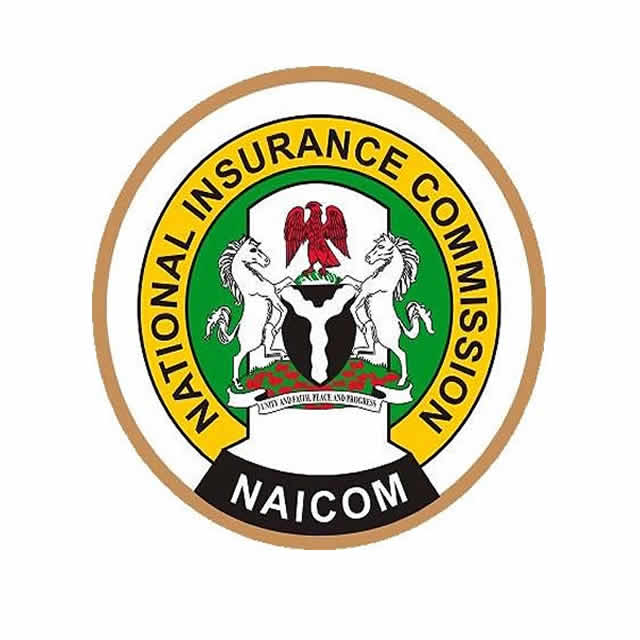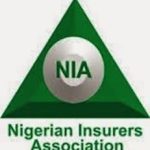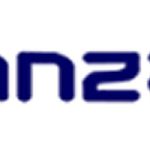By Nike Popoola
Operators in the insurance industry have said motorists are now entitled to more benefits under the new motor insurance contract.
They spoke as the industry implemented the new motor insurance premiums which took effect in 2023.
The National Insurance Commission, in its revised circular, stated that third party insurance for private motors new premium rate was now N15,000 while the claims limit is N3m; Own goods third party cover attracted N20,000 premium with N5m compensation; “Staff bus attracted N20,000 premium with N3m compensation.
“Commercial (trucks, general cartage) attracted N100,000 premium with N5m compensation; Special types attracted N20,000 premium with N3m compensation; Tricycle attracted N5,000 with N2m compensation; and motor cycle attracted N3,000 with N1m compensation.”
A Regional Manager at Linkage Assurance Plc, Mr Muyiwa Awodire, said the premiums were revised after 19 years.
He said, “The last time we had an increase in premium for third party motor insurance was in 2004. Now, if you consider the rate of inflation over the past 19 years, you will realise that the increase is long overdue.”
He added, “But beyond the hike, let us also consider the benefits. Until December 2022, the highest claim any one could make on third party motor insurance was N1m because that was the limit, but that has changed now.”
Also speaking on the benefit of the premium increase, NAICOM’s Head of Corporate Communications and Market Development, Mr Rasaaq Salami, noted that the ECOWAS Brown card had been captured in the new premium for third party motor insurance.
According to him, motorists driving within the West Africa sub-region would not need to get the ECOWAS Brown Card again once they had the third party insurance cover issued by Nigerian companies.
He stated that the brown card provided motorists complete guarantee for a prompt, fair and immediate compensation for any accident that may be caused by them outside their country of residence.
The Director-General, NECA, Adewale-Smatt Oyerinde, said, “In order to grow the economy, develop the industry and provide effective risk-mitigating services to the generality of Nigerians, it is our belief that a marginal adjustment in the current rate is desirable.”
While emphasising the need for NAICOM to carry all stakeholders along in the implementation of the new policy, he said given the old rates had been operated for about 19 years while the cost of motor vehicles had increased exponentially, the rate adjustment was not out of order.








